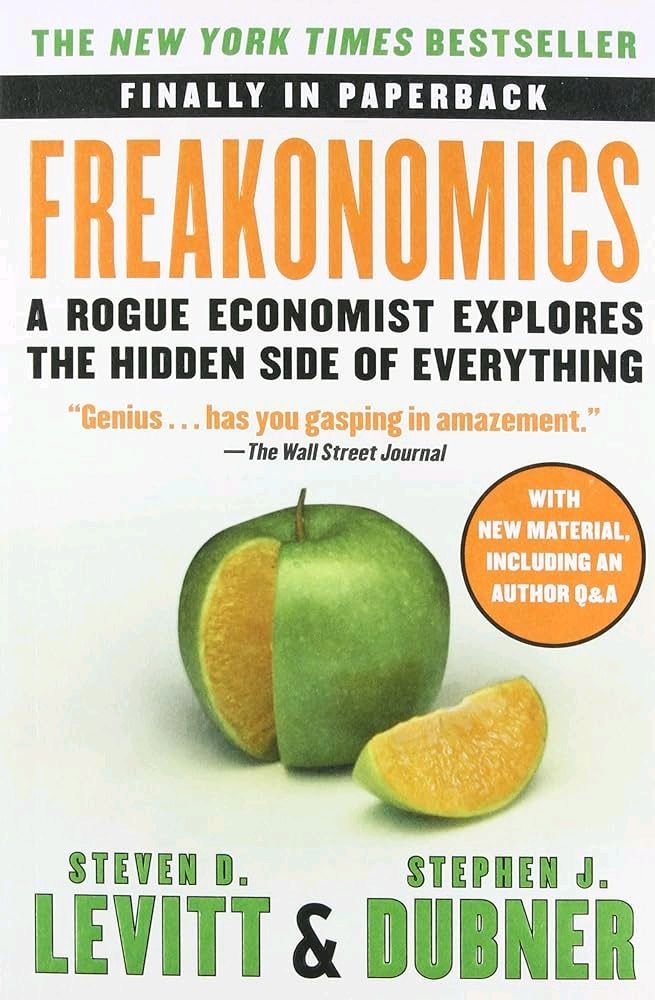Audio available in app
Predicting human behavior is complex from "summary" of Freakonomics by Steven D. Levitt
In the world of economics, predicting human behavior is a complex and challenging task. People are influenced by a myriad of factors, both internal and external, that can shape their decisions in unpredictable ways. This complexity makes it difficult for economists to accurately forecast how individuals will act in various situations. One key reason for the complexity of predicting human behavior is that people are not always rational actors. Traditional economic theory assumes that individuals make choices that are in their best interest, based on a rational analysis of costs and benefits. However, in reality, people often deviate from this rational behavior, making decisions that seem illogical or irrational to an outside observer. Additionally, human behavior is highly context-dependent. The same person may react differently to a situation based on a variety of factors, such as their mood, social influences, or past experiences. This variability makes it challenging to develop models that accurately predict how individuals will behave in a given set of circumstances. Moreover, individuals may have incentives to misrepresent their true intentions or preferences, further complicating efforts to predict their behavior. People may lie, withhold information, or act in ways that are inconsistent with their true beliefs, making it difficult for economists to accurately forecast their choices. Furthermore, human behavior is constantly evolving and adapting to changing circumstances. As new technologies emerge, social norms shift, and economic conditions fluctuate, people's behavior may change in unexpected ways. This dynamic nature of human behavior adds another layer of complexity to the task of predicting how individuals will act.- The complexity of predicting human behavior stems from a combination of factors, including the irrationality of individuals, the context-dependent nature of decision-making, the potential for misrepresentation, and the evolving dynamics of human behavior. These challenges make it a difficult yet fascinating area of study for economists seeking to understand and anticipate how people will behave in various situations.


